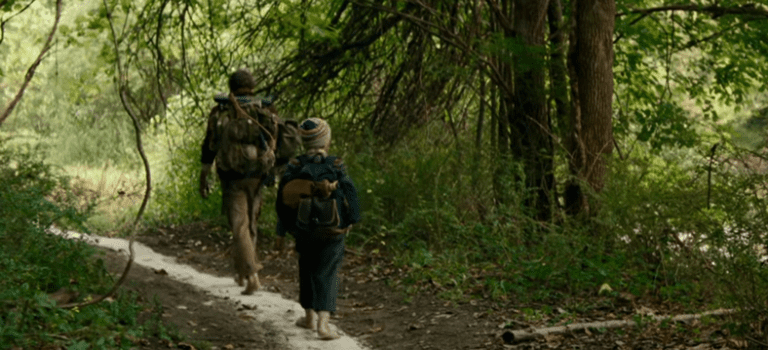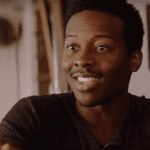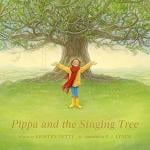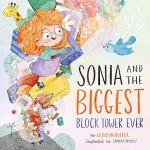
Hope
Lee (Krasinski) and Evelyn (his real-life wife Emily Blunt) are doing something that seems darn near impossible—raising children in a place where sound, literally, kills. Most children are not quiet creatures in the best of circumstances, and in the opening moments, Lee and Evelyn tragically, horrifically, lose a third child (Beau, played by Cade Woodward)) when he innocently pushes a button on a noisy toy. Regan (Millicent Simmonds) and Marcus (Noah Jupe) have both learned to be quiet, but even now they sometimes slip.
But Evelyn’s pregnant—about to bring another child into this deeply broken world. And while school-age kids may be difficult to keep quiet, silencing babies is wholly impossible.
Imagine the audacity it would take to bring a child into such a place. The reckless courage. The hope.
Not everyone has such hope in A Quiet Place. We see one man who finds his wife’s dead body and lost his will to live. Giving into despair, he opens his mouth and screams, unwilling to go on in such a world.
It’s easy to despair. Logical, in fact. In the face of such odds, such brutality, it only makes sense. Best to get it over with. And even though our own world is, on the surface, a subtler place, it can be no less cruel. Suicide rates are spiking everywhere in the United States, sometimes skyrocketing. It’s so prevalent that it’s the 10th leading cause of death now. Interesting how those rates go up as religious affiliation trends downward.
But the Abbotts refuse to surrender, either to despair or the creatures that cause it. Though they never say it, their unborn child is a gift, even under these circumstances. They make elaborate plans to hide their baby once it’s born—to protect it against all odds. They will not lose another child if they can help it, even one whose face they’ve yet to see.
“Who are we if we can’t protect them?” Evelyn tells Lee. “We have to protect them.”
Intended or no, the Abbott’s designs to keep their baby protected, alive and safe makes this one of the most stirring pro-life messages I’ve ever seen in a movie. And to me, it harkens back to one of the Bible’s most famous, most stickered, most embroidered and most memorized verses.
“For I know the plans I have for you, declares the Lord, plans for welfare and not for evil, to give you a future and a hope.”
Hope. It seems to me that, either in the Abbott’s world or in ours, hope requires faith. Faith that the future can be better and brighter, despite the odds. Faith that our lives have meaning, that we have purpose. Ultimately, faith in a Creator who created us for a reason.
I know that plenty of folks who profess no faith embrace hope too, and that’s great. How arrogant to suggest otherwise. But for me, I can’t imagine life without faith. To find meaning in an inherently meaningless world would be … difficult. And it’d be especially hard in a place like A Quiet Place. But the Abbotts have hope, and they have faith, and it allows them to look to the future with courage and maybe even a touch of optimism. (Caution, spoilers lurk ahead.)













